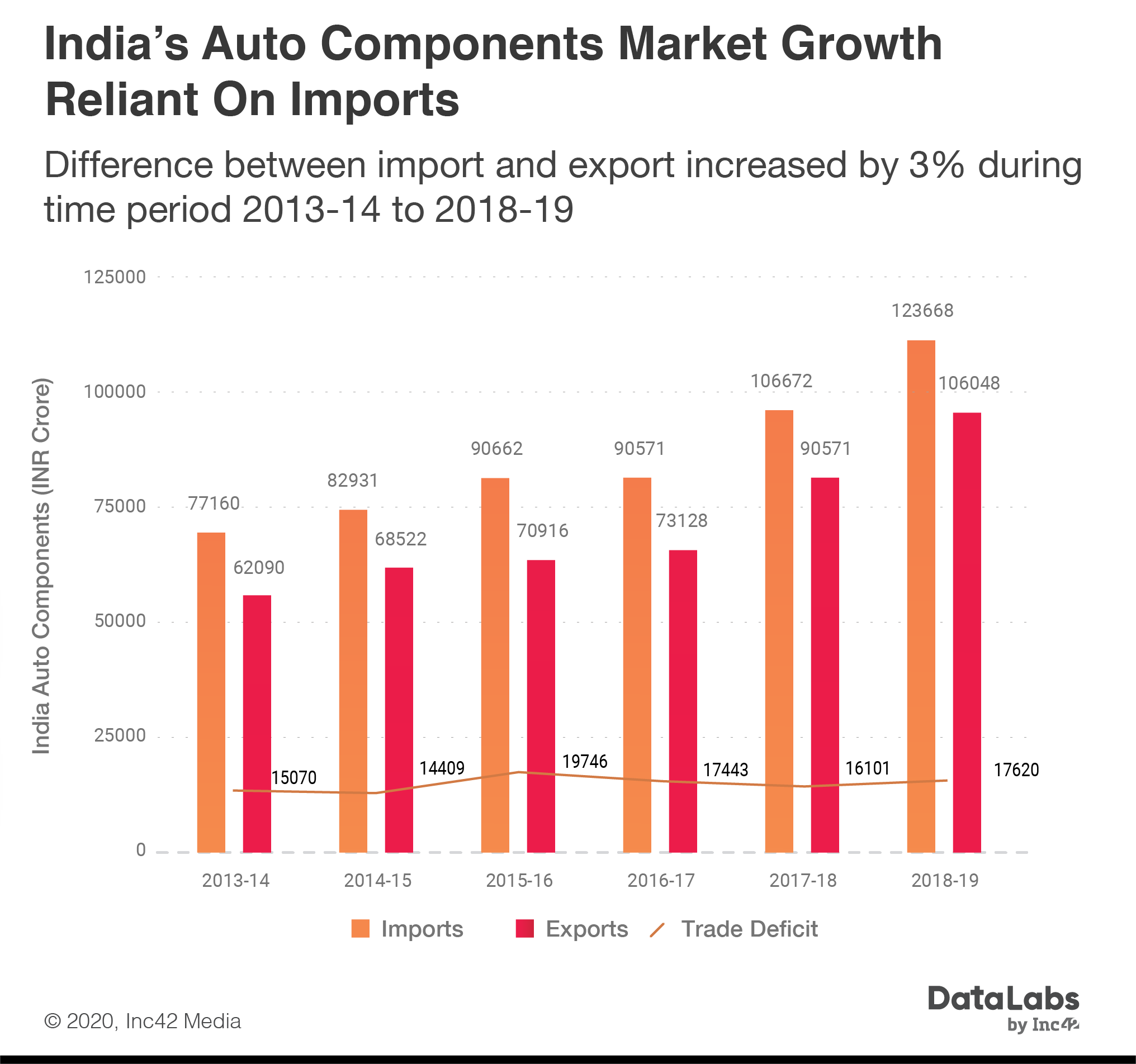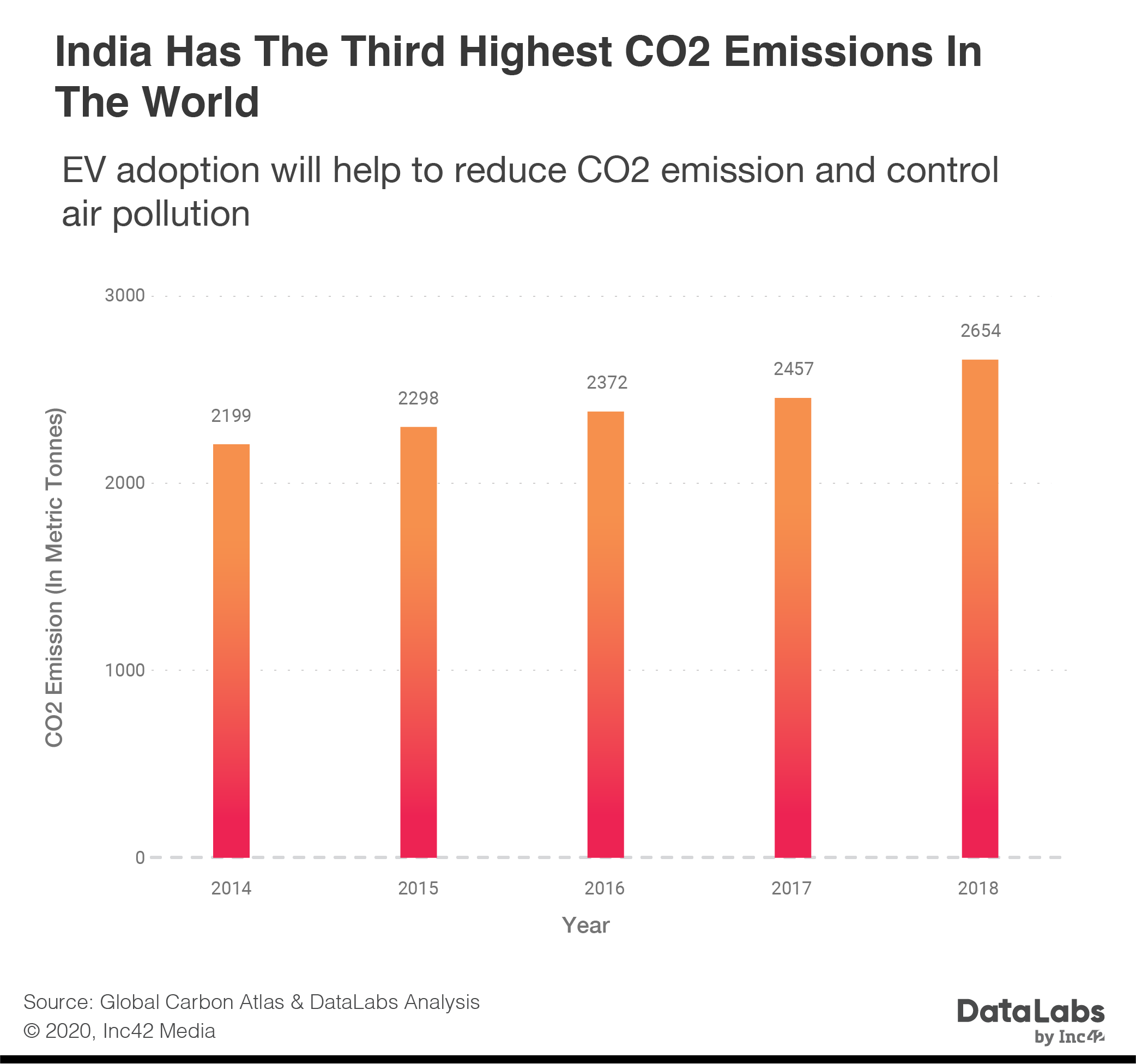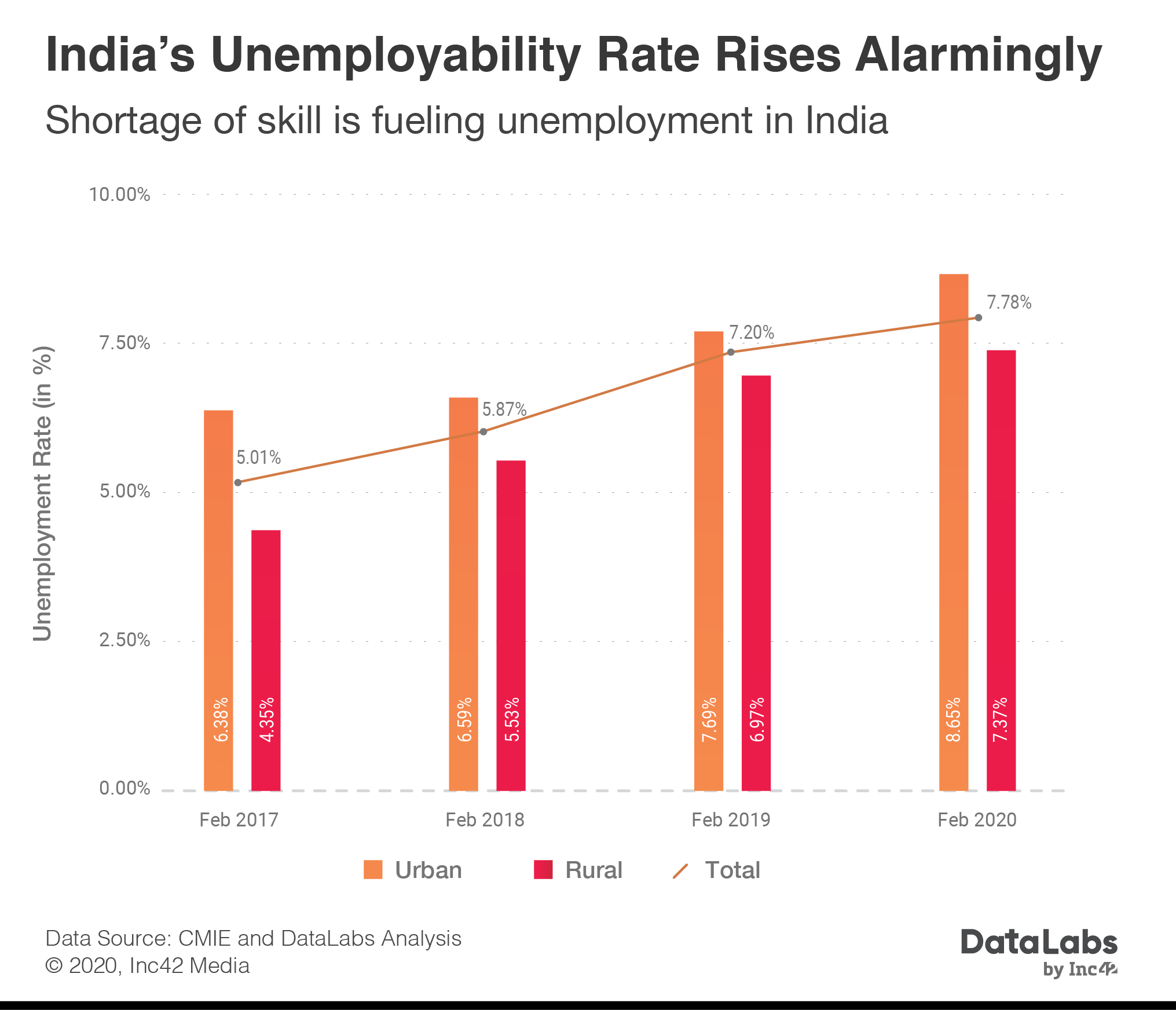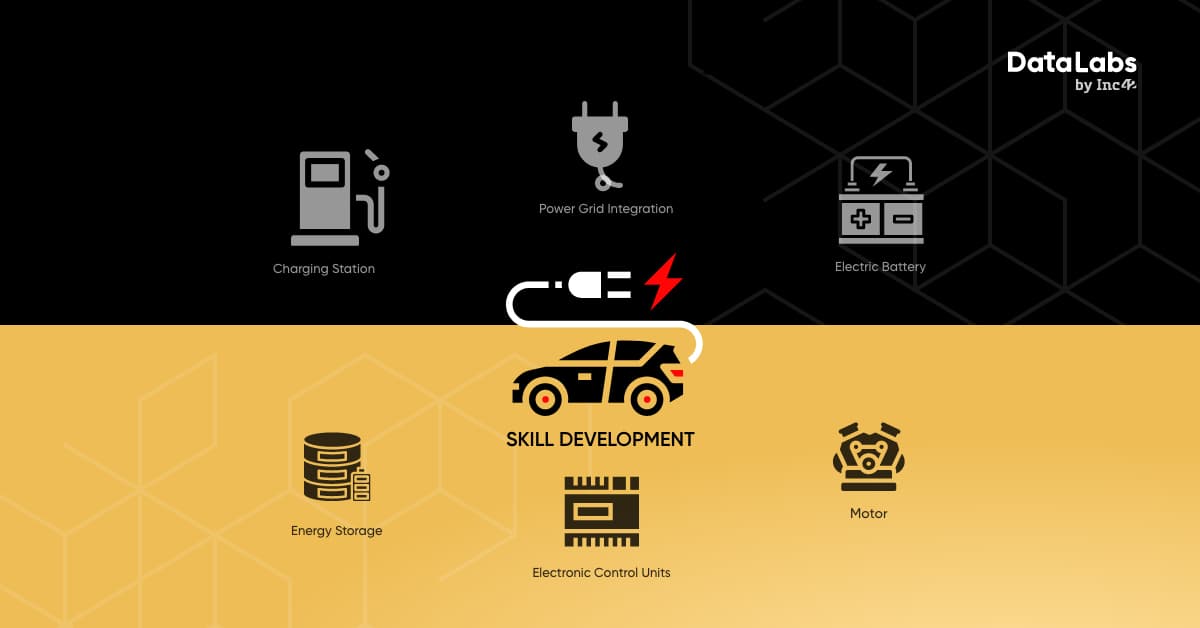India needs to revise the course curriculum for engineering students for faster adoption of EVs in India
The collaborative effort of industry players and academics will help develop EV skills and transition into e-mobility faster
Traditional manufacturing jobs will move way but new opportunities will be created in mechatronics, IoT, AI, data science and more
Around the beginning of the previous decade, China has a big problem on its hands. Pollution was rising alarmingly, and greenhouse gas emissions were skyrocketing. So China leveraged its existing industries and skills to forge a lead in electric vehicles. It started with the electrification of two-wheelers, then sorted supply chain problems for electrical components and parts, adopted two-year pilots for five cities (Shanghai, Changchun, Shenzhen, Hangzhou and Hefei) and invested nearly US$4.5 Bn for restructuring the auto industry and improving manufacturing capabilities.
These efforts were backed by skill development in the EV sector through edtech as well as traditional engineering courses, which helped China push adoption of electric passenger and commercial vehicles faster than most other countries. With its manufacturing prowess, China was able to make itself as a central hub for the entire EV industry, which employed 1.6 Mn people until last year.
India is taking a big leaf out of the Chinese playbook with the EV industry’s cautious yet focussed approach as well as the huge push from the government side. While the current focus of the government and industry has been towards charging infrastructure, battery and cell development, policy creation, incentives and financing, the one thing the EV industry in India is missing is skill development.
Over the years, the auto components and parts import in India is increasing which is not a good sign for India automotive industry to revive back from the recent slowdown. The India automotive industry which accounted for 7.1% of the country’s GDP and 49% of total manufacturing output, should focus on developing major auto parts and components in India.
ORDER YOUR COPY NOW!Why Skilling Matters In EV Industry
There is a huge skill gap between industry and academia when it comes to the task of taking the entire automobile industry towards electric mobility, similar to what is seen in the other tech-heavy sectors. The Indian ecosystem needs to collaborate with academic institutions, OEMs, government bodies, and training institutes to develop the right skills among its engineers to produce auto components and parts for the EV ecosystem in India. Only then will the “Make in India” project becomes viable for EVs.

Upskilling, reskilling and constant skilling will help India in EV adoption faster. Besides, developing skills, the industry must maintain quality so that it will be able to compete with the global automotive industry.
With the transition to e-mobility, traditional manufacturing jobs will be fewer in numbers, which is what most of India’s technical workforce and engineers have been training for. New opportunities will open up in chemical engineering, electronics, IoT, AI, robotics, 3D printing, mechatronics, deep learning, data modelling, material science and e-waste recycling.
The Indian government must take more initiative to introduce a course curriculum regarding battery design, charging station development, battery management system, drivetrain and propulsion system, vehicle to grid integration, electric motor, energy storage and management. Robust skill development will help boost local manufacturing, thus solving the unemployment problem in India to some extent.
The Chinese government catalysed the EV industry by providing subsidies to manufacturers directly to reduce the price of EVs at an early stage. In 2012, China set a plan for selling 5 Mn passenger EVs by 2020 to reduce carbon emissions, decrease dependency on the Middle East, create job opportunities, and become the market leader in next-generation technology.
The collaborative effort of major industry players like BYD, SAIC (parent of MG Motor), BAIC and others have put China on the global map. With support from the government, the companies were able to hire the right skilled workers for the EV industry and restructure their supply chain for EV parts. While the focus of the Indian government has so far been on the industry, it needs to now come to education and skilling.
Steps Taken To Close The Skill Gap
Industry players and the government should come forward to organise more workshops, training and pilot projects to make people aware of the benefits of adopting EVs in the automotive industry.
Carbon dioxide emissions are increasing in India year-on-year, which is why EVs are the order of the day. Favourable government policy and financing facilities from banking and non-banking companies encourage people to prefer EVs over conventional vehicles. This has heightened the need for skilled talent in this domain, and it’s one of the biggest areas for concerns for the Indian government.

Some IITs such as the ones in Delhi, Kharagpur, Roorkee and other institutions such as the University of Petroleum and Energy Studies (UPES) do provide course curriculum and research facilities for electric vehicles. The National Programme on Technology Enhanced Learning (NPTEL), an educational initiative by IITs and IISC, is also offering some short courses and training on EVs.
In October 2019, Department for International Development (DFID), Automotive Skill Development Council (ASDC), and Symbiosis Skills & Open University (SSOU) arranged a skill development conference in Pune for collaboration of academics with industry and creating job opportunities with new skill requirements in the automotive industry.
India is targeting 30% electric mobility (e-mobility) in the total automotive sector by 2030, hence the All India Council for Technical Education (AICTE) needs to take the better initiative to launch proper course curriculum for engineering students which will be able to cope up with skill shortage in EV transformation.
ASDC (Automotive Skills Development Council) is also developing and upgrading automotive skills for EV transformation with help of Society of Indian Automobile Manufacturers (SIAM), The Automotive Component Manufacturers Association of India (ACMA), and Federation of Automobile Dealers Associations (FADA).
ORDER YOUR COPY NOW!Building Skills That Match EV Ambition
The adoption of EVs in the automobile industry will require a more skilled workforce but the right balance should be maintained between industry requirements and new graduates.
In India, nearly 270K people work in the automotive industry. The large auto OEMs in India like Maruti Suzuki, Hyundai, Mahindra & Mahindra, Tata Motors, Honda, Hero Moto, Bajaj Auto, TVS Motor, and Royal Enfield should come forward with support from the Indian government to produce EVs in India and provide employment opportunities to newly graduated students.
The automobile sector is expected to create employment opportunities for 35 Mn Indians by 2026. The mismatch between industry requirements and academics will lead to an increased unemployment rate in India.

The total investments in EV startups touched US$391 Mn between 2014 and 2019, including major investments in charging infrastructure and electric two-wheeler manufacturing. But despite this, the EV market has not been able to bring down the pricing of the vehicles as demand remains low.
The challenges of infrastructure and range anxiety are impacting the consumer side of the story, but if India is not able to create the right skilled workforce for EVs, the market will witness more shutdowns in the EV sector and a drought of innovation. Any progress made by the EV industry in terms of local manufacturing capabilities will only become a cost burden on startups in the long run without the right talent to run it.
ORDER YOUR COPY NOW!































 Ad-lite browsing experience
Ad-lite browsing experience